No article found or not published for this site.
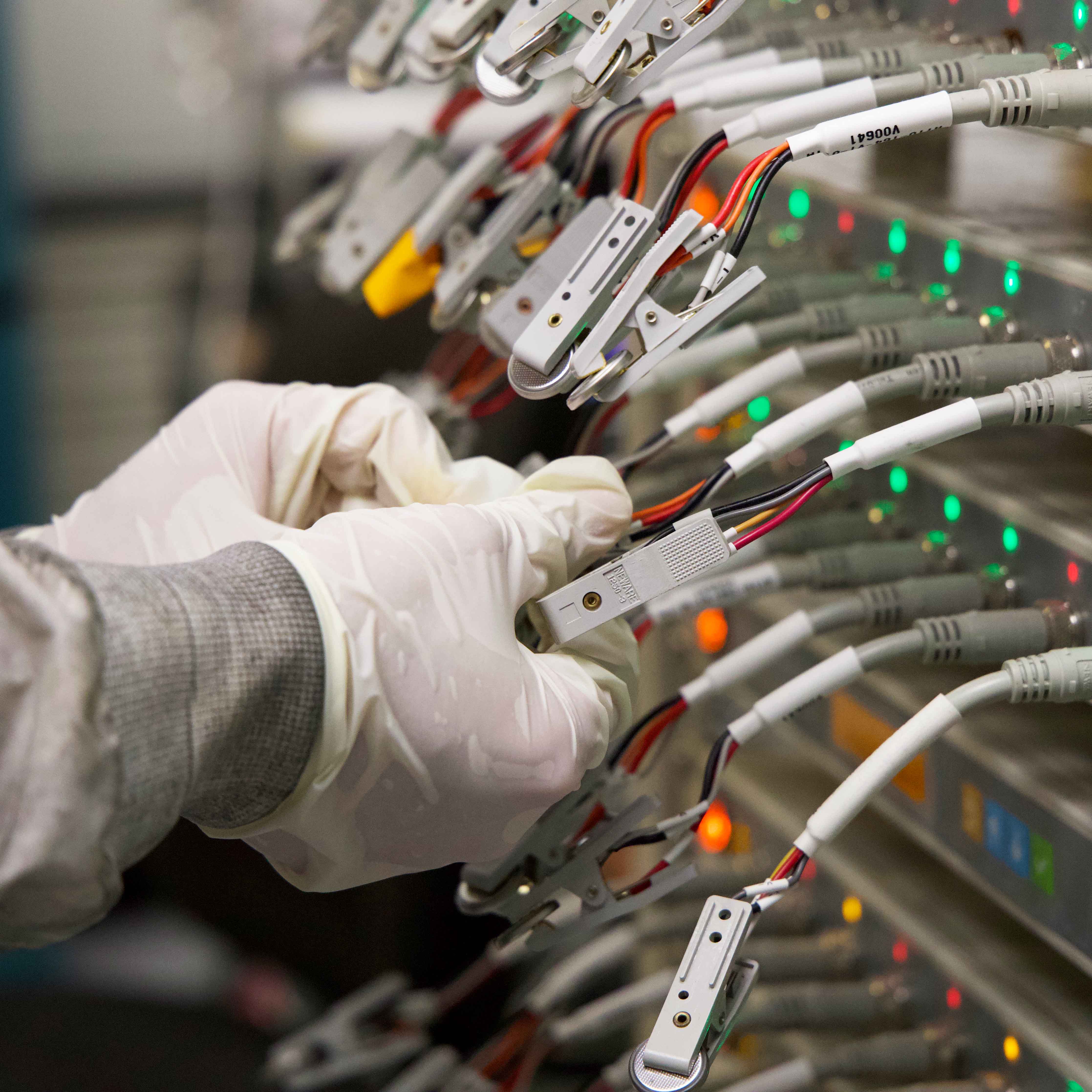
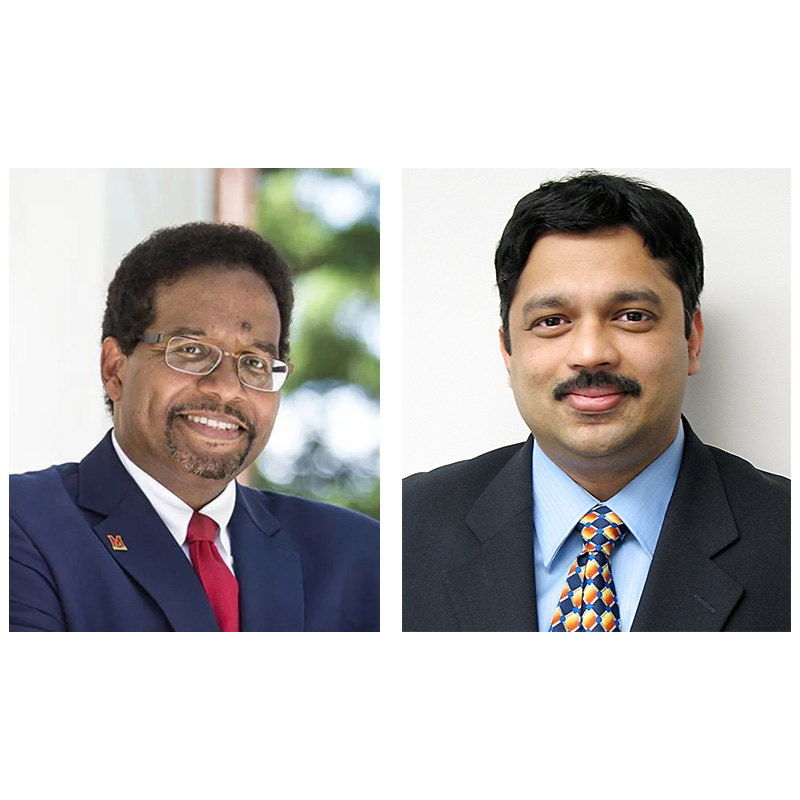



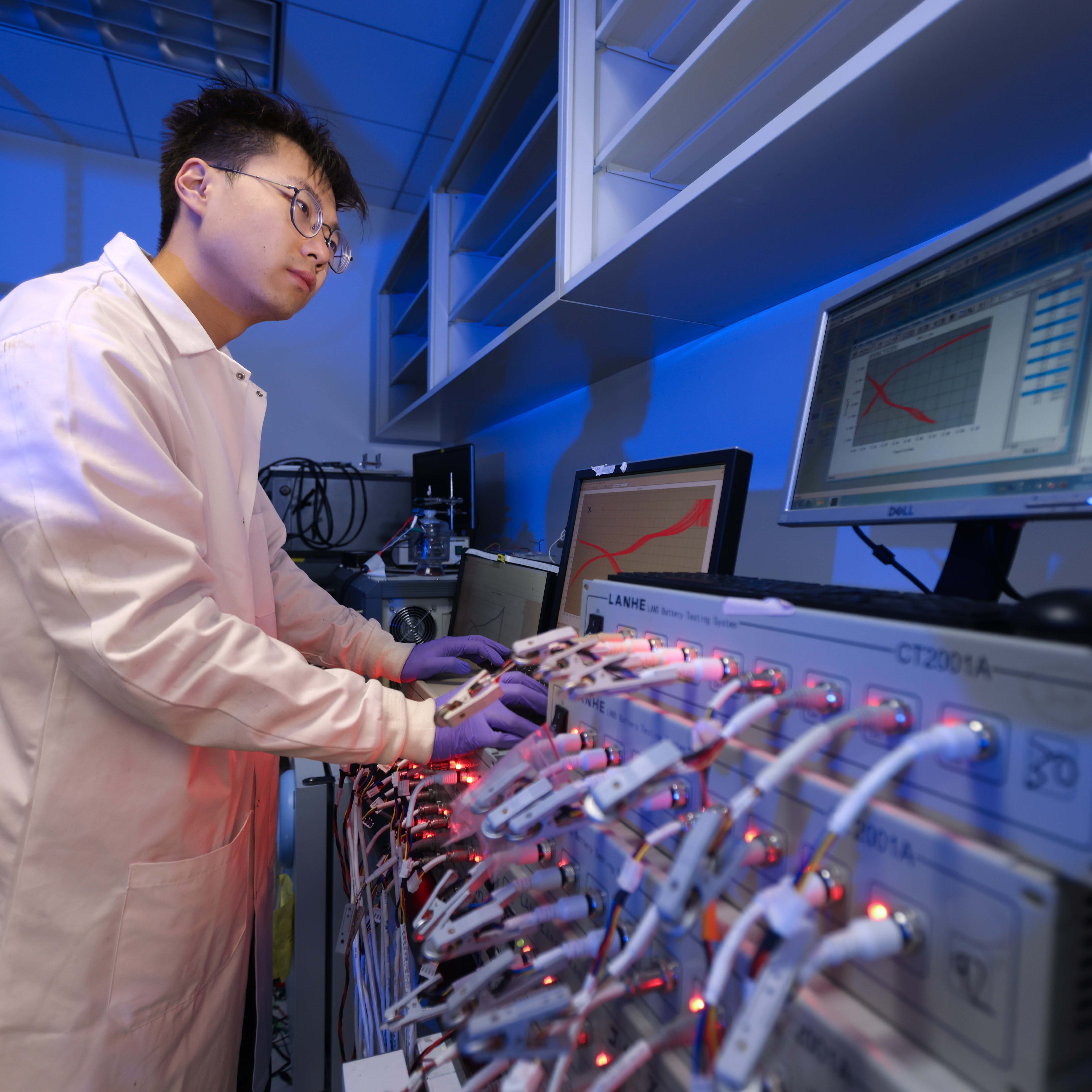
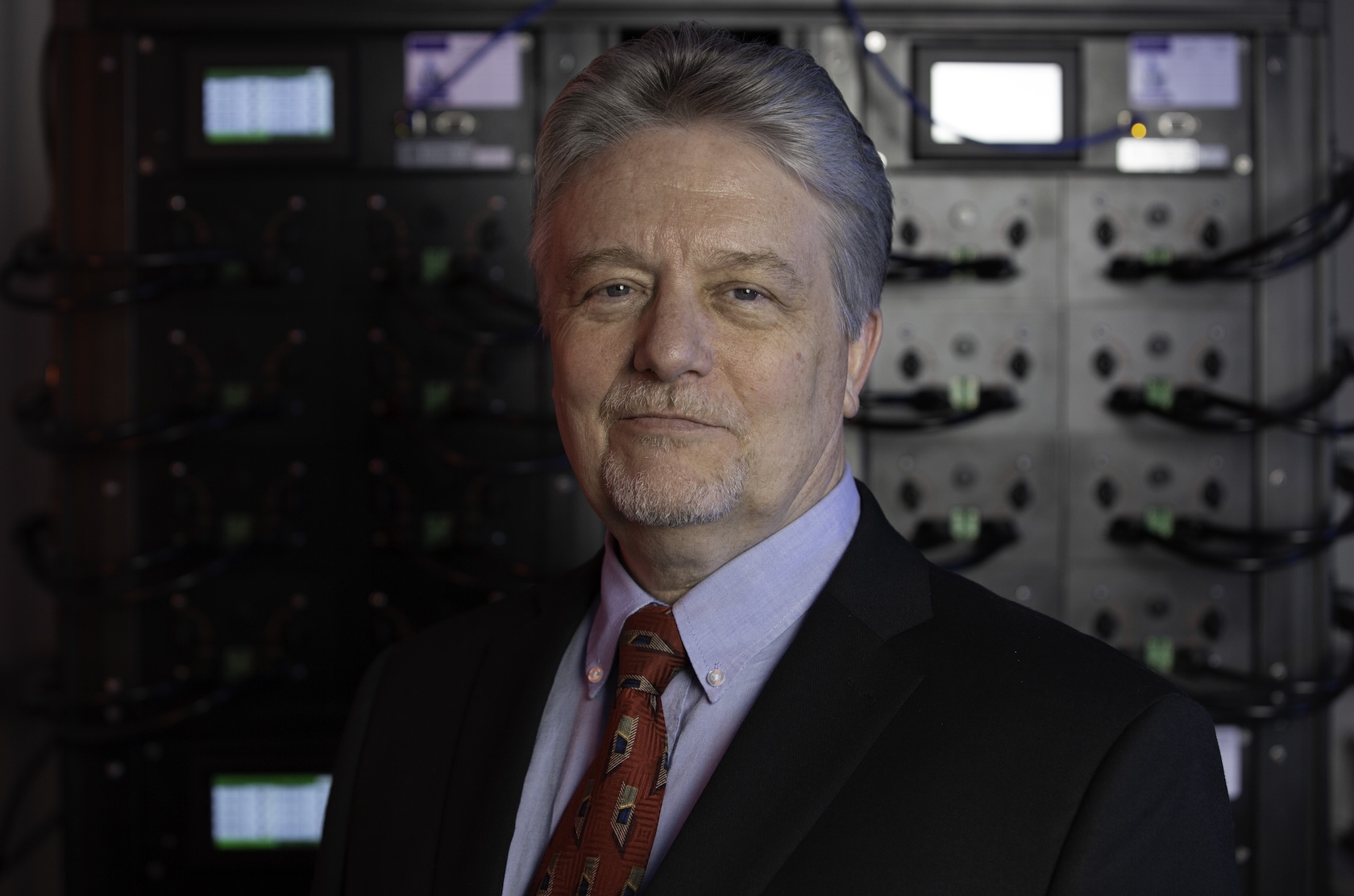
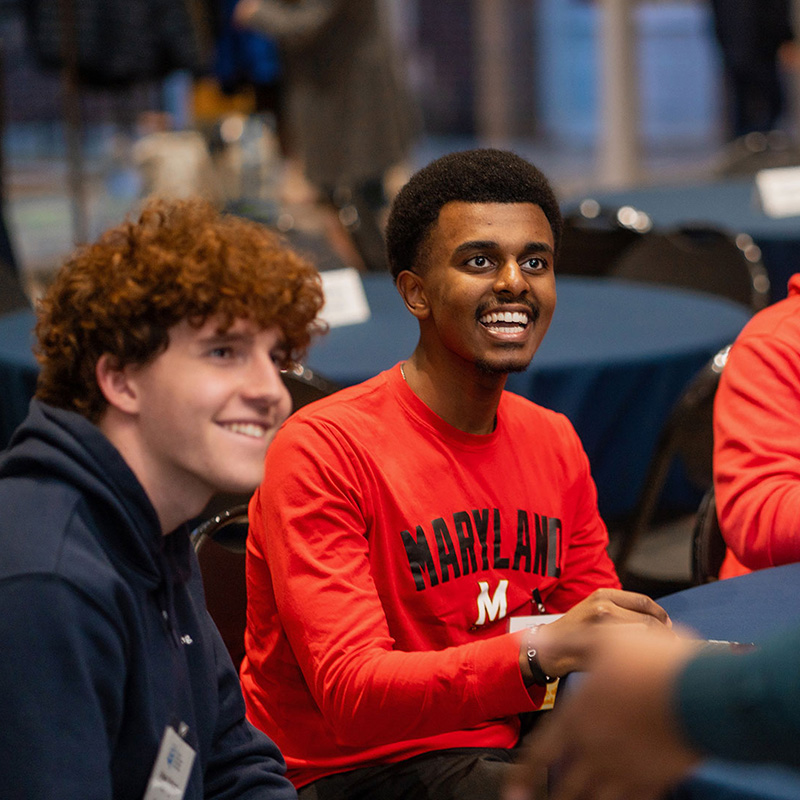
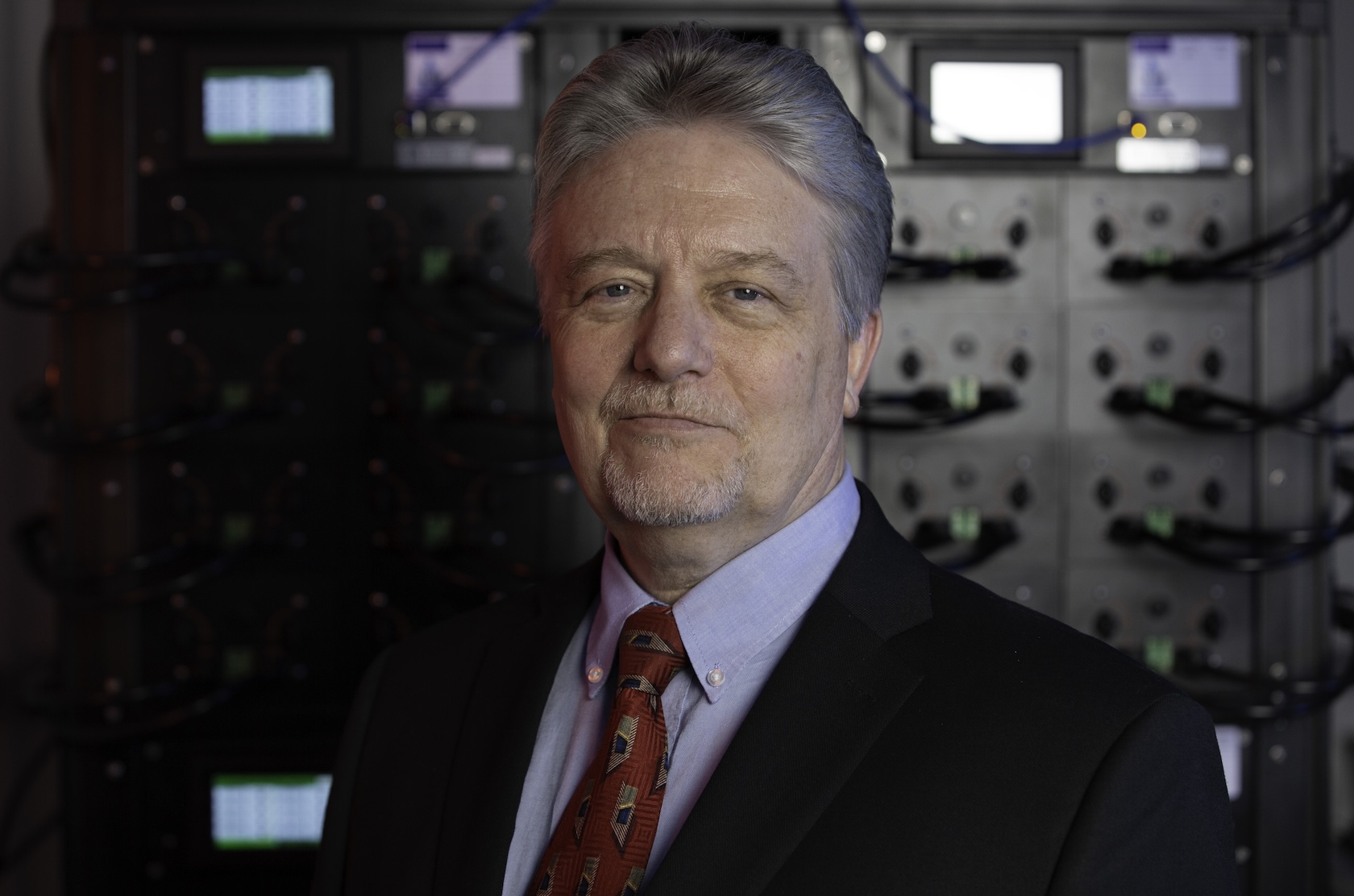

Recent Stories
Stories / Dec 19, 2025
UMD Battery Research Lab Presents Discoveries in Two...

Stories / Dec 11, 2025
Two Clark School Faculty Elected to National Academy of...

Stories / Dec 5, 2025
Chemical Engineering Student Wins Third Place Award in...

Stories / Nov 21, 2025
Engineering at Maryland magazine solves for excellence

Stories / Nov 17, 2025
Meet the Clark Scholars Class of ’29

Stories / Nov 13, 2025
UMD Battery Study Addresses Key Barrier to Electrifying...

Stories / Nov 7, 2025
Wachsman named Materials Research Society Fellow

Stories / Nov 4, 2025
Clark Foundation Invests $51.7M to Support Engineering...

Stories / Nov 3, 2025
Dr. Eric Wachsman selected to serve on the Comptroller's...

Stories / Nov 3, 2025
Celebrating our Native and Indigenous Community
